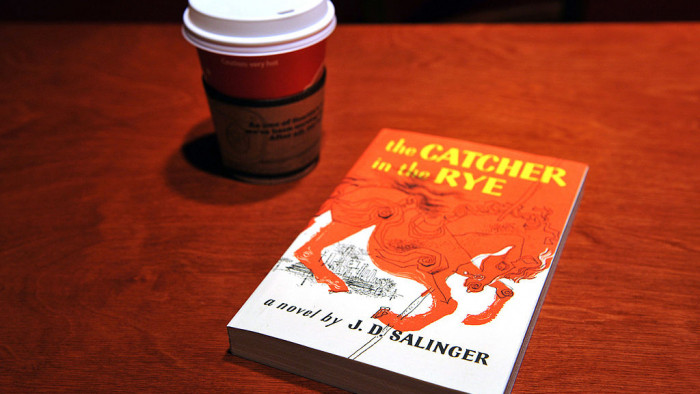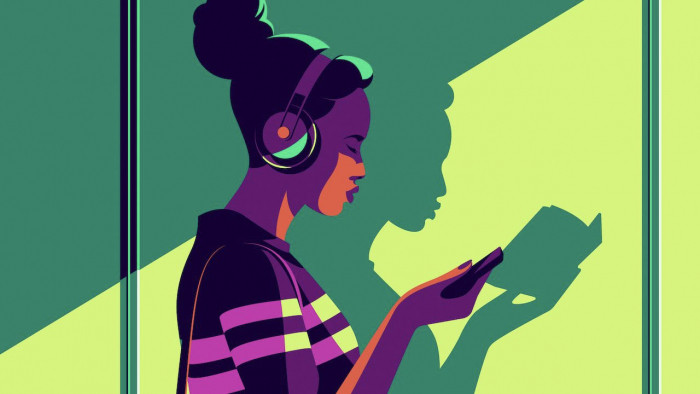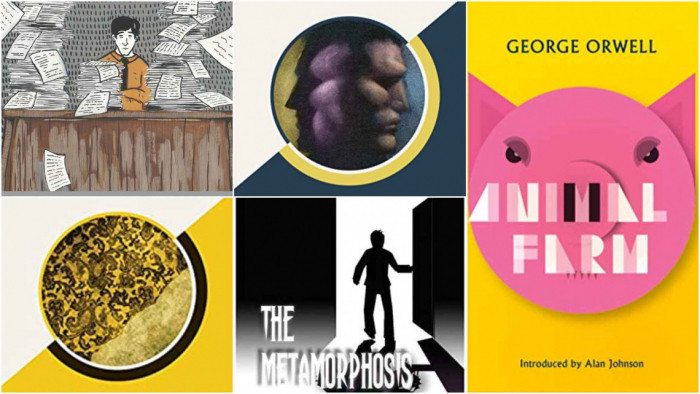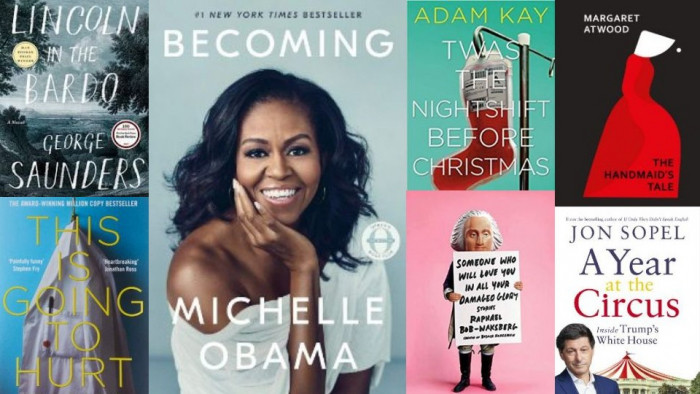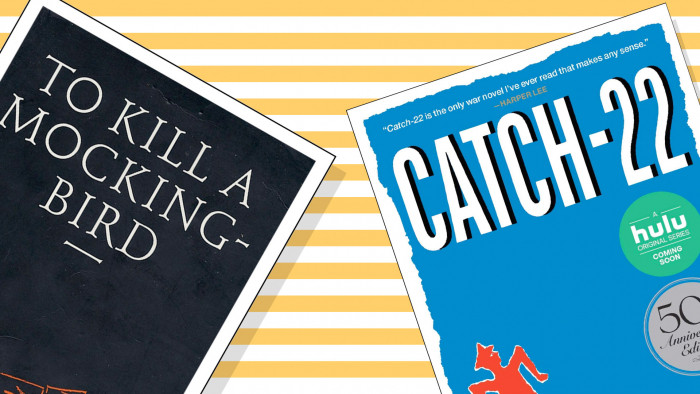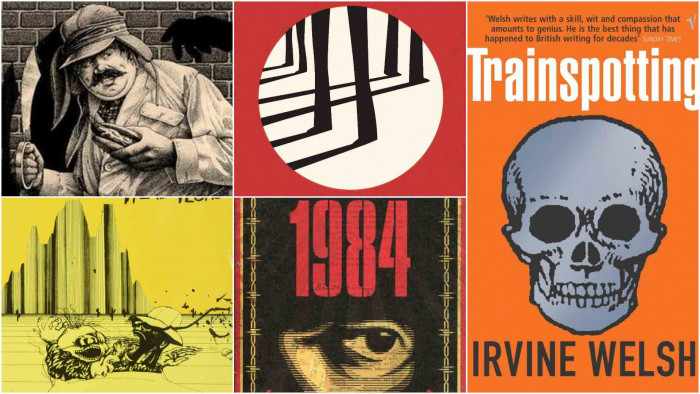NFL powerhouse Michael Vick was reviled worldwide after he was convicted of funding an illegal dog-fighting ring, but his extraordinary sporting prowess has sparked an unbelievable comeback. Phil Boucher investigates...
Late in the evening of 7 January 2008, US federal prisoner number 33765-183 walked into his cell at Leavenworth Penitentiary, Kansas for the first time. Having been sentenced to 23 months for bankrolling an illegal dog-fighting ring from one of his homes in rural Virginia, his world would be this 6ft x 8ft concrete box for the foreseeable future — not least because he’d admitted to personally killing several dogs.
Worse, court records showed that at least half a dozen other dogs had been hung, electrocuted, drowned, shot or beaten to death under his direction as punishment for losing fights, while the US Department Of Agriculture maintained that untrained family pets were tossed into fights with savage pit bulls for his “entertainment”.
Yet prisoner 33765-183 was not the typical thug associated with the underground dog-fighting world thought to involve 40,000 dogs. Instead, he was Michael Vick, starting quarterback for the Atlanta Falcons and one of the most famous sportsmen in the US.
He was also the richest player in the history of the NFL, having signed an £80m deal in 2004 and secured multimillion dollar sponsorship deals with the likes of EA Sports, Coca-Cola, Kraft, Powerade and Hasbro.
Vick even had his own Nike branded trainer and a reality TV show called The Michael Vick Experience.
Now he had four grey walls and the title of most hated man in the US following a wave of disgust at his crimes. Fox News presenter Tucker Carlson even declared on live nationwide TV that he thought Vick “should’ve been executed”.
Unsurprisingly, within days of his conviction in December 2007, the Atlanta Falcons dumped Vick and sued for breach of contract. His corporate sponsors soon followed suit, and by the middle of 2008 he was bankrupt with debts of more than £15m.
In a desperate bid to salvage his life, Vick offered to sell £5m in assets, including a 7,800sq ft home in Virginia where his mother and brother lived, a 60ft yacht, six racehorses and a string of cars. This bankruptcy plan would also require him to hand over up to one-third of his future earnings to creditors such as the Royal Bank Of Canada and the Atlanta Falcons.
The superstar quarterback, who had achieved every American boy’s dream and attained the ultimate life of luxury, had thrown it all away.
“The first day I walked into prison, and he slammed that door, I knew the magnitude of the decision that I made, and the poor judgment, and what I allowed to happen to the animals,” Vick later told CBS Sports anchor James Brown. “There’s no way of explaining the hurt and the guilt that I felt… I cried so many nights.”
Yet this is only half the story.
ROAD TO REDEMPTION
In the summer of 2009 Vick was released, having served 18 months. After completing a court-ordered stint as a labourer, aged 29, he looked for a return to the NFL.
At first, no team wanted to touch him, and received opinion had it that even if he did make an unlikely return, only the most desperate of teams would consider him. Then, out of nowhere, the Philadelphia Eagles signed him as a back-up quarterback on a one-year, £1m contract — a pittance by NFL standards.
Such was the stigma surrounding Vick that to pull off the deal the Eagles flew him to New Jersey for a face-to- face conversation with dog-loving owner Jeff Lurie.
The Eagles supremo only offered Vick a contract on the condition that he worked with the American Humane Society and attended regular public events to speak about the evils of dog-fighting. He was left in no doubt that if he didn’t meet each and every demand, his second chance would be swiftly whisked away.
NFL fans and the wider US public were left totally mystified — and in many cases horrified, not least because the Eagles already had two first-rate quarterbacks and had reached the conference play-offs (the equivalent of semi-finals) the previous year.
Within hours, rumours of a demonstration at the Eagles’ stadium began to circulate. The team’s front office received a deluge of hate mail and torn-up season tickets as the controversial signing dominated TV news shows, internet chat rooms and newspaper articles across the US.
“There were very mixed feelings in Philadelphia,” local sports writer Jonathan Tamari tells ShortList. “Some Eagles fans were intrigued by his talent. Others were outraged by his past. Shortly after he was signed,
I interviewed a woman and her grandson at a sporting goods store selling Vick jerseys. The woman said she would never buy one, but her grandson said he loved the way Vick played. His signing divided everyone.”
Yet Vick was clearly not the same player. In his first few games it was evident that prison had sapped his devastating foot speed and howitzer-like arm, with 320lb defensive tackles — the largest men on the field — able to track and take him down.
By the end of the 2009/10 season, the Eagles were open to transfer offers. But none came because Vick’s form — and reputation — simply didn’t have anyone biting. With Vick languishing as an unplayed third-choice quarterback, the furore gradually died down.
MORE THAN A NUMBER
Then Vick’s luck radically altered. During pre-season the Eagles’ starting quarterback Donovan McNabb transferred to the Washington Redskins. With little time to find a replacement, the Eagles gave him one last chance and signed Vick as a reserve to rising star Kevin Kolb.
On 12 September, during the opening game of the current season against the Green Bay Packers, Kolb suffered severe concussion. Despite the fact that Vick hadn’t started a game since his release from Leavenworth, he was handed the ball and told to get on with it. And that’s precisely what he did.
“The Packers had raced out to a big lead. Yet Michael Vick came in and played amazingly,” says Philadelphia-based NFL reporter Chris McPherson. “He almost single-handedly got them back on level terms.”
By the end of the game Vick had sprinted past the Green Bay defence for 103 yards and threw in a touchdown. Only a last-ditch tackle stopped him from claiming another score in the final seconds.
Yet better was to come. A few weeks later against the Washington Redskins, Vick played one of the finest games in NFL history, throwing four touchdowns and running in two of his own — all before half-time.The result was a 59-28 slaughter — the biggest away win in NFL history — and the NFL Hall Of Fame on the phone asking for Vick’s shirt to commemorate the feat. Gridiron legend Mike Ditka described it as “like a man playing with boys.”
This was followed by a similar performance against the New York Giants, where Vick completed 24 of 38 passes in a 27-17 win, despite the Giants’ biggest hitters relentlessly targeting him for the entire game.
By the time the Eagles played the Dallas Cowboys on 12 December, Vick’s redemption story had turned him into the biggest draw in the NFL, with a record audience of 25.7 million tuning in to watch him claim a 30-27 victory — 23 per cent more than for the previous year’s fixture.
“Just a couple of months earlier you would have thought it totally impossible,” says McPherson.
With Vick at the helm, the Eagles are dynamic, incisive, and can boast one of the top three offences in the NFL. They topped their division — the highly competitive NFC East — for the first time since 2006, and lost narrowly to the Green Bay Packers to deny Vick the chance to take revenge on the Atlanta Falcons in the semi-finals.
Yet even more remarkable than the sporting turnaround is the change that Vick has made to his own life. He has lived up to every word of his agreement with Lurie and regularly visits the toughest neighbourhoods in the US to draw teenagers away from dog-fighting. But no matter what Vick does, he will always be a divisive figure.
TOP OF THE POLLS
The morning after his devastating game against the Redskins, a New Jersey woman hit the streets with her bulldog in a shirt that read ‘Michael Vick: Never Forget’. US animal-rights groups are lobbying the NFL to make involvement with dog-fighting sufficient for a lifetime ban, while in a Forbes poll Vick was voted the most hated sportsman in the US for the second year running.
At the same time, Vick has just been voted into the end of season Pro Bowl game with 1.5 million votes from NFL fans. President Obama has praised Lurie for giving Vick a second chance because “a level playing field rarely exists for prisoners who have completed their sentences”.
“The majority of fans are cognisant of his past and have made conscious decisions about how to approach Vick,” explains Tamari. “Anyone who is honest about sports must acknowledge his incredible play, but the question is: do you root for him to succeed?
“Many fans have answered ‘yes’. They believe Vick has paid the price for his crimes and deserves a chance to be in the NFL. They want to believe that a fallen athlete can have a renaissance that is both personal and physical.
“But saying that, I have spoken with several people in recent weeks who say they love watching Vick play, and what he has done for the Eagles, but cannot forget what he did,” says Tamari.“They feel almost guilty cheering on the Eagles with Vick at the helm. One acquaintance told me today that if the Eagles had won the Super Bowl it would always feel tainted.”
Now that Vick’s season has ended, he is a free agent. The question is now not whether anyone will sign him [the Eagles are favourites as we went to press], but who will get there first?
Main image: Getty


